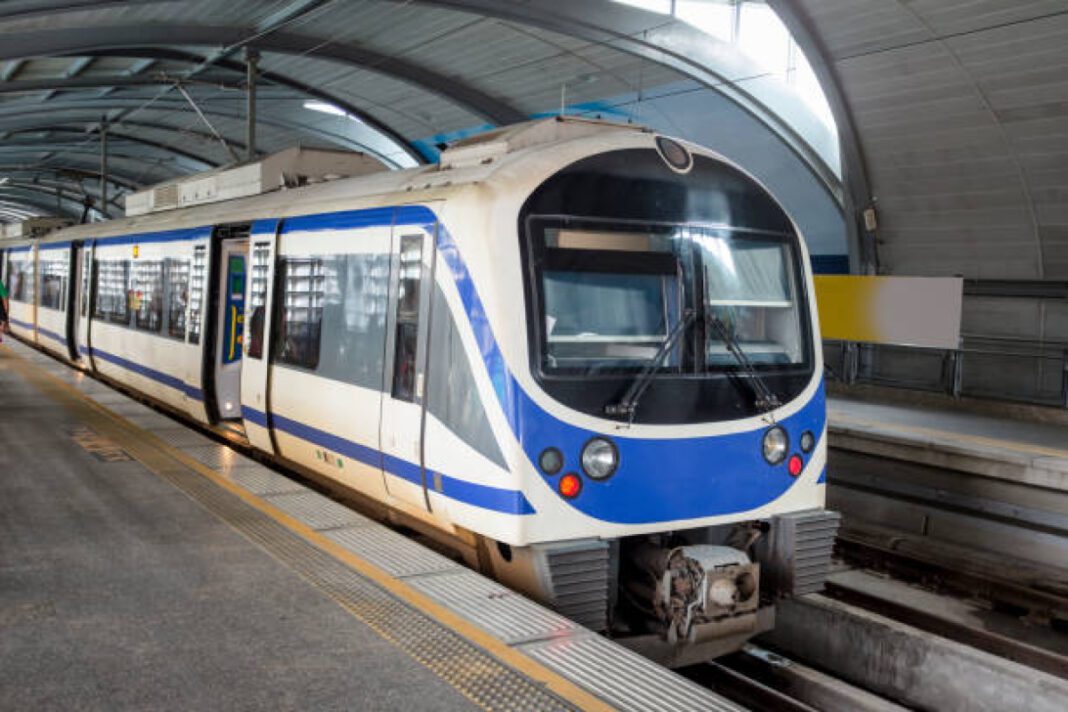The Chennai Metro expansion aims to enhance connectivity by extending the line from Chennai Airport to Kilambakkam bus terminal, a key transport hub. The proposed 15.46 km stretch will integrate both metro rail and road infrastructure, ensuring smoother travel for commuters. According to the plan, the metro corridor will be positioned at Level 2, while the elevated road will be at Level 1, allowing for efficient traffic management. This dual-level approach is expected to streamline transit between key areas and reduce congestion on existing road networks.
The extension will feature 13 elevated metro stations, serving major locations such as Pallavaram, Chromepet, Tambaram, Perungalathur, and Vandalur. These stations will provide improved access to residential and commercial hubs, significantly benefiting daily commuters. Additionally, intermediate ramps near Tambaram will connect the elevated road to the Outer Ring Road, facilitating seamless movement of vehicles. The corridor will extend directly to Kilambakkam and has provisions for future expansion towards Chengalpet, further strengthening regional connectivity.
The project is expected to cost Rs 9,335 crore, covering both metro and road construction. The Tamil Nadu government has emphasized the importance of this infrastructure development in supporting the city’s growing transport demands. Once completed, the extension will improve public transport accessibility, reduce dependency on private vehicles, and offer a faster, more reliable transit option for thousands of daily passengers.
By integrating metro and road networks, the project aims to create a more efficient and sustainable urban transport system. The Chennai Metro extension will not only ease congestion but also contribute to economic growth by improving connectivity between key commercial and residential areas. With better access to transport facilities, this initiative is set to enhance the overall quality of life for Chennai’s residents and visitors.





